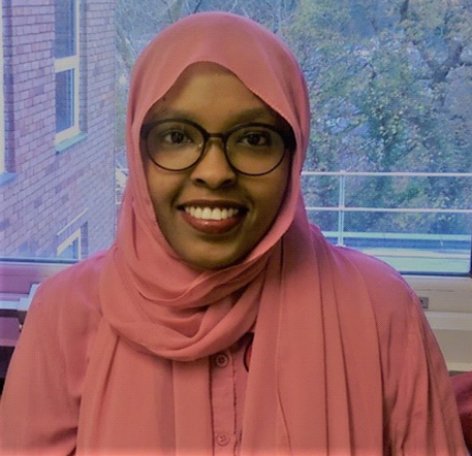PENCILS: Pupils Enrolled and Nurtured through quality teaching and Caring Inclusive Learning Spaces
PENCILS - PENCILS (Pupils Enrolled and Nurtured through quality teaching and Caring Inclusive Learning Spaces) aims to increase access to education for 500,000 refugees and host community girls, boys, and children with disabilities through acquiring literacy, numeracy, and social-emotional skills for their academic success across six regions of South Sudan.
About the project
The project supports children from refugee and host communities, and especially those traditionally left behind in education, by helping them to acquire literacy, numeracy and social-emotional skills for their academic success across six regions of South Sudan.
Recognising the low levels of school enrolment, PENCILS aims to tackle some of the problems facing South Sudan’s education system including: poor quality education due to a lack of teachers, especially female teachers; the poor training of South Sudan’s in-service teachers, and the limited access to learning experiences faced by students in South Sudan. This leads to an inability to meet the needs of many out of school children, including young mothers and pregnant girls, children with disabilities, children recruited into armed conflict, and pastoralist children. These difficulties are further compounded by South Sudan’s history of conflict, with displacement and a lack of resources and infrastructure leading to the de-prioritisation of education.
Given these problems, PENCILS seeks to achieve systemic change in the education sector to improve results for all children, including those traditionally left behind. With the impact of displacement, conflicts, and crises, learners and teachers require well-rounded and holistic support to ensure that they can learn and teach respectively, and that children can progress in their education, no matter their background or circumstance. The projected outcomes of Pupils Enrolment and Natured through quality teaching and Caring Inclusive Learning Spaces are designed to overcome these challenges.
The project is part of the South Sudan Multi-Year Resilience Programme, a three-and-a-half-year programme from the Education Cannot Wait Multi Year Response Plan. PENCILS is implemented in six states of South Sudan by different education actors and consortiums, with the Windle Trust International consortium responsible for implementation across three counties in two states; Aweriel and Yirol East counties in Lakes State; Guit in Unity State. To achieve the project outcomes, we establish safe, accessible, and protective learning spaces and train teachers. We also provide scholastic materials for learners, early childhood development and pastoralist education learning kits and hygiene/dignity kits for girls. As part of the programme Water Sanitation and Hygiene (WaSH) facilities are for schools, including gender segregated lavatories and water pumps.
Project outcomes:
Increase access to learning opportunities for 500,000 Internally Displaced Persons (IDPs) and returnee and host communities through addressing gender and exclusion barriers
Improve the quality and gender equity of teaching and leadership to provide quality learning in early childhood development, alternative education systems, primary, Technical and Vocational Education Training (TVET) and secondary schools for at least 500,000 children.
Retain at least 30% more of the newly enrolled pupils for a full three years of education and support them to transition successfully to further education or training.
Ensure that 540 Multi-Year Resilience Plan-supported learning spaces are safe and protective, enabling all children and teachers to thrive.
Increase opportunities, through a gender and inclusion sensitive lens, for at least 60,000 IDP or returnee children who are highly educationally marginalized to access education and learn.
Mobilise financial resources to bridge the funding gap to support increased investment in a system that can deliver quality education.
How do our projects make a difference?
Projects like this contribute to increasing access to and the quality of education for conflict-affected communities in eastern Africa and the Horn of Africa. Find out how this makes a difference below:









